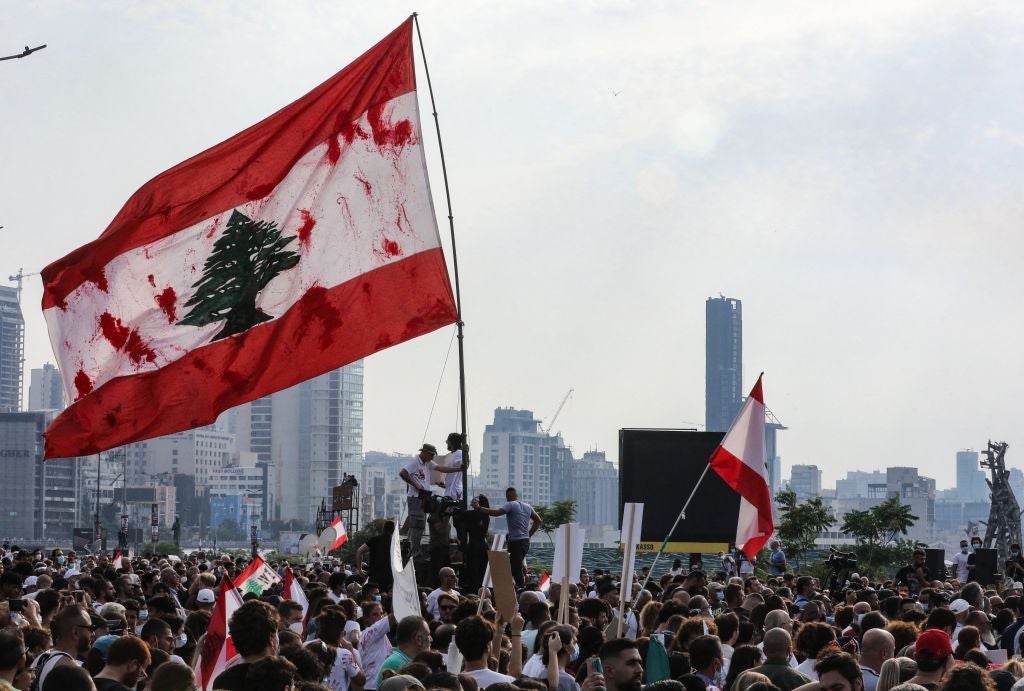
In early August, a new report from the World Bank provided an acerbic analysis of Lebanon’s public finances over the post-civil war period (1990 onwards) to understand the roots of the system’s eventual, and widely expected, insolvency.
The research finds that public finance in post-civil war Lebanon has been an instrument for the systematic capture of the country’s resources, as it served the interests of an entrenched and sectarian political economy. More specifically, excessive debt accumulation was used to give the impression of stability and reinforce confidence in the macro-financial system so deposits (namely US dollars) continued to flow in.

Discover B2B Marketing That Performs
Combine business intelligence and editorial excellence to reach engaged professionals across 36 leading media platforms.
In short, Lebanon’s depression, which the World Bank describes as “deliberate in the making over the past 30 years”, has hollowed out the Lebanese state from the provision of basic services to its citizens.
How crisis revealed Lebanon’s fragility
To illustrate the failure of these basic provisions, the report analyses the impact of Lebanon’s erratic macro and structural policies. The current economic crisis aggravated long-prevailing and serious gaps in the financing of those basic public services: water, electricity, transport, health, education and social protection.
Successive shocks that have hit Lebanon since 2019 – nationwide protests, Covid-19, the port explosion in Beirut and the Ukraine crisis – affected both the supply and demand sides in critical sectors, thereby revealing the fragility of Lebanon’s service provision model, itself a product of elite capture of state resources for private gains.
The weakening of public service delivery, in light of Lebanon’s economic nosedive, was therefore a “conscious effort made to benefit the very few at the expense of the Lebanese people”, says the World Bank. “Citizens end up double paying and receiving low-quality products or services. The impact is also highly regressive as it affects middle and lower-income groups much more significantly.”

US Tariffs are shifting - will you react or anticipate?
Don’t let policy changes catch you off guard. Stay proactive with real-time data and expert analysis.
By GlobalDataWhile addressing such fragility would be a medium to long-term agenda, the Lebanese people need immediate assistance, and more importantly, responsible policymaking by their leadership.
The World Bank report proposes a series of macro and sector-specific measures and policies to address the immediate needs of the population while engaging in medium to long-term reforms to improve the performance, sustainability and resilience of public service provision.
The proposed measures focus on three main objectives. First, ensuring the sustainability and affordability of basic services. Second, enhancing equity in public spending. And third, improving efficiency in government spending throughout the sectors.
“Lebanon must critically adopt – now – and efficiently implement a comprehensive programme of macro-economic, financial and sector reforms that prioritise governance, accountability and inclusiveness,” concludes the report. The earlier these reforms are initiated, the less painful the cost of recovery will be for the Lebanese people.





